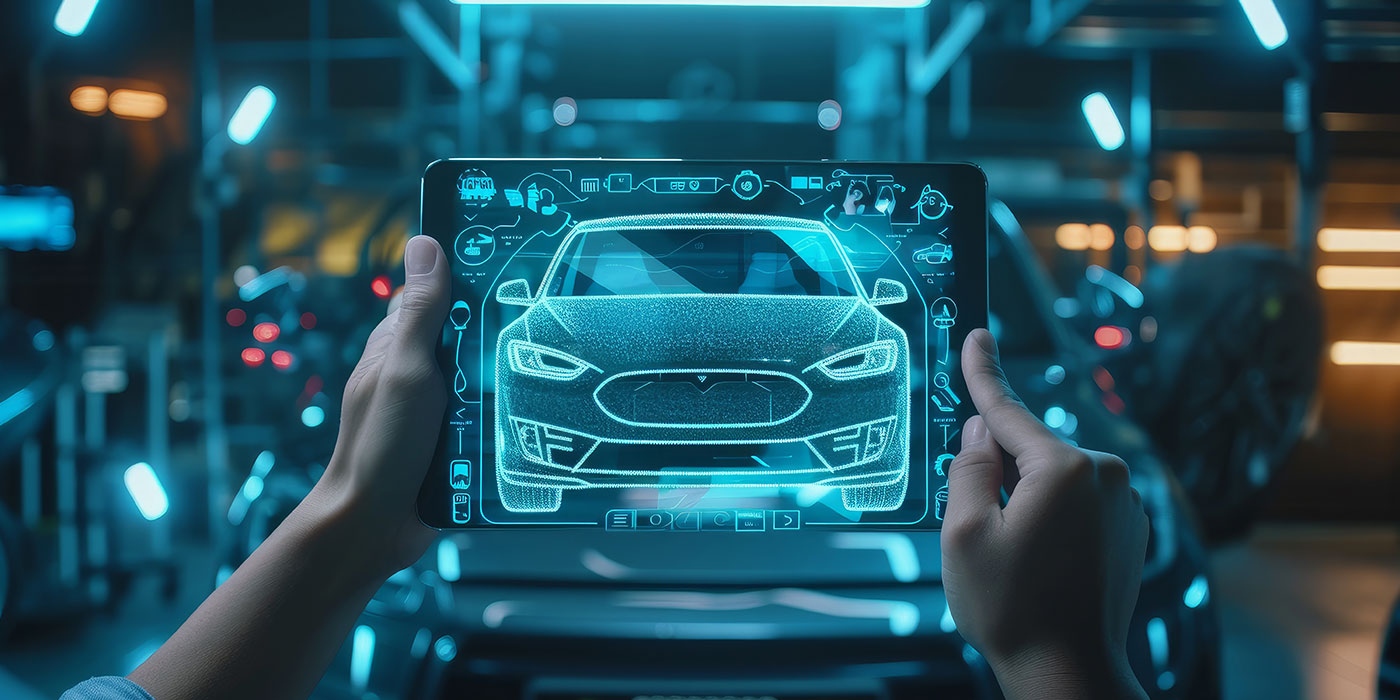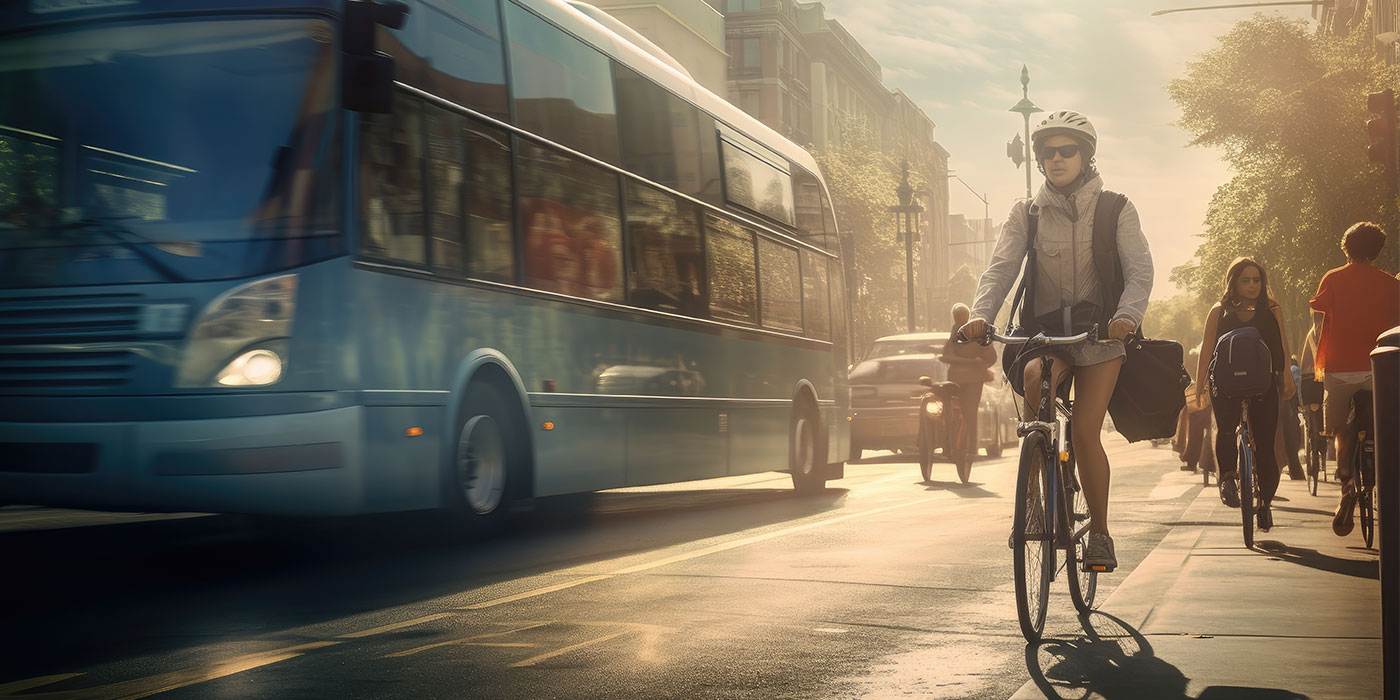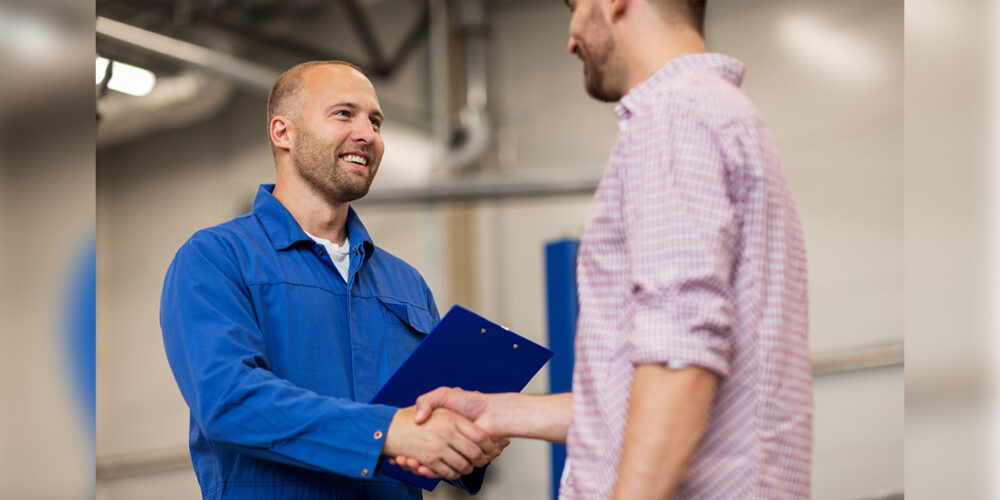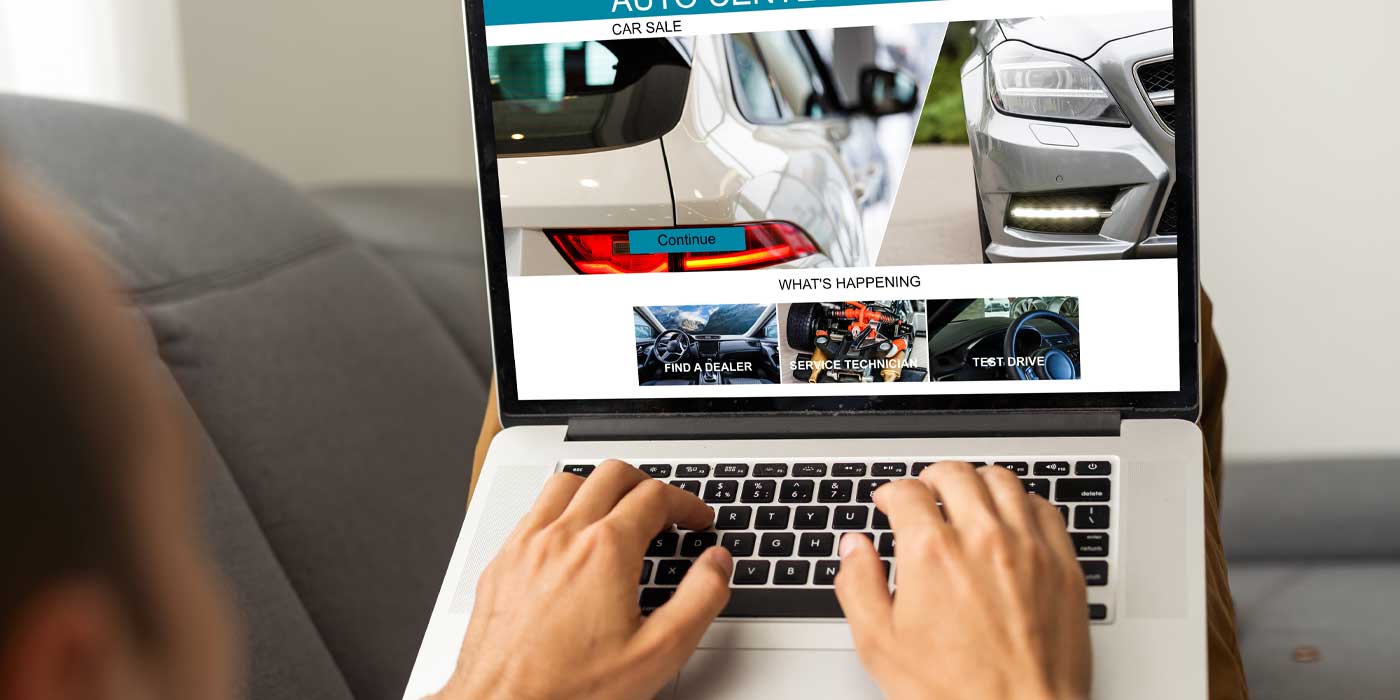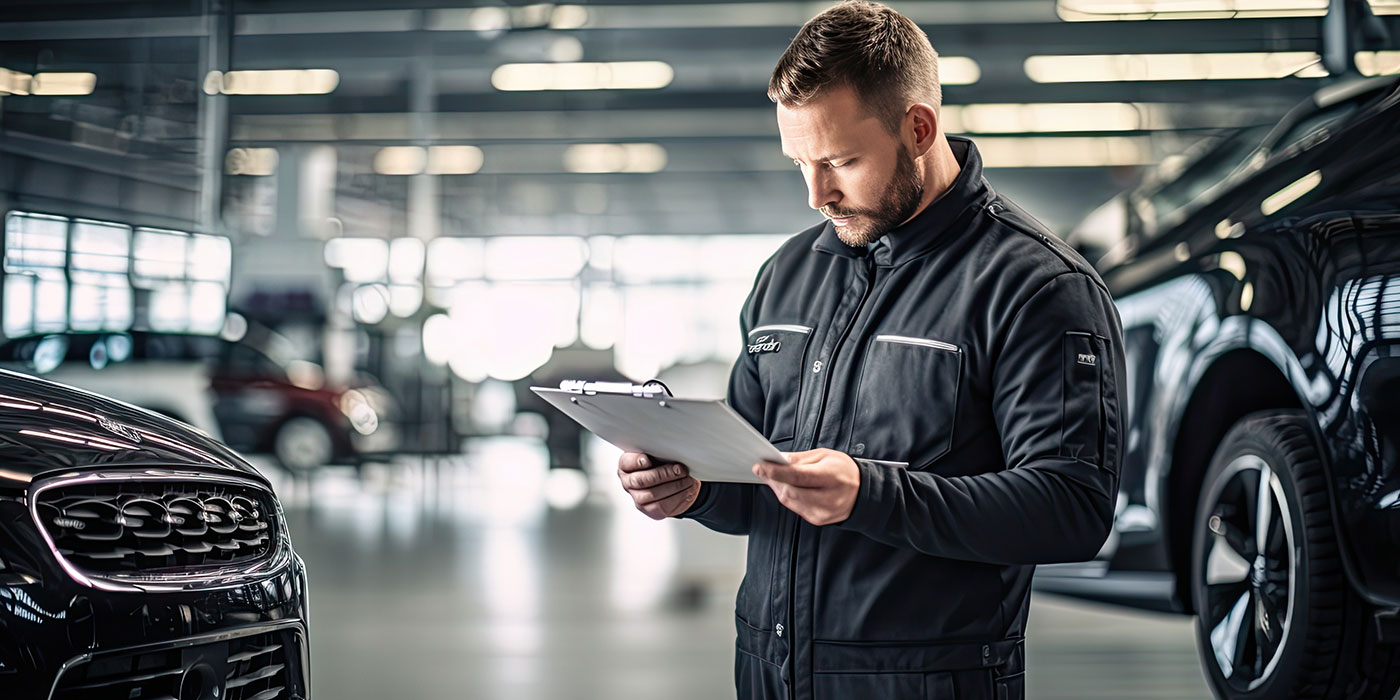Following a few tumultuous years, the automotive industry is as strong as ever, accounting for 23% of all retail sales in 2023. Independent of its success, the industry is in the midst of a transformation driven by manufacturing and market strains alongside shifting consumer expectations that are pushing dealers to change how they do business.
OEMs that could once bank on brand loyalty are now being forced to rethink sales strategies as consumers are more knowledgeable and better-informed about their options. Today’s consumers are selecting their vehicles based on research, replacing the brand loyalty that dealerships depended on for decades.
Prioritizing Personalization Pays Off
Brand loyalty fell to 49.2% over the last year, the lowest figure since 2014, indicating that consumers were more inclined to switch to a different brand than remain loyal to the one they own. During that same period, OEMs prioritizing consumer demands have seen significant increases in sales.
Volkswagen’s new strategy of prioritizing electrification and digitalization, for example, saw a 126%* increase in EV sales at dealerships in the second half of 2022 alone. While in recent years, luxury brands have experienced a bigger brand loyalty hit than the industry average, Porsche saw an increase in sales from repeat buyers. Their focus on electrification directly mirrored customers’ shifting preferences for EVs, with almost half of the potential buyers in the U.S. considering a fully electric vehicle for their next purchase (an increase of almost 400% since 2018). The data is clear: strategies that prioritize consumer demands and values perform best.
Customers Take Notice of Dependability and Value
Today’s consumers are seeking real value, and creating affordable options with advanced features is proving to help dealerships boost sales and attract customers, while capturing increasingly elusive brand loyalty. Hyundai, known for its affordability, has been improving the reliability of its vehicles, ranking among the top in the J.D. Power 2022 U.S. Vehicle Dependability Study. Hyundai has not only seen brand loyalty increase by 9% in the past year, where the average across all OEMs was -7.5%, but the company has also seen a 13% increase in sales, where the average across the industry was a 9% reduction. Likewise, Kia, ranked the most dependable automotive brand by J.D. Power, saw a significant 33.5% improvement in sales since the beginning of the pandemic, where OEMs, on average, saw a 7% decrease in sales during the same period. Brands that fail to provide value and dependability risk losing out.
Dealerships Must Become the Authority on What Consumers Want
Ninety percent of car buyers prefer to purchase from a dealership that offers the option of starting the buying process online. This underlines the importance of perfecting the customer experience as part of the buying process and extending it online for an omnichannel consumer journey — a new prospect for many dealerships.
To meet the challenge, dealerships are increasingly embracing automotive-centric Customer Data and Experience Platforms (CDXP), a specialized CRM platform that enables dealers to track and personalize the entire customer journey from clicks to keys. Successful dealerships will become key sources of knowledge that will not just sell cars, but educate the consumer based on their personal needs and preferences, well before they step foot in a showroom.
Today’s automotive consumers are informed and knowledgeable since they self-educate online before they ever make contact with a dealer. Two times more automotive consumers start their research online versus at a dealer, with car buyers spending an average of 14 hours online during their search.
While it may seem that the online world is taking over, with more than 80% of consumers starting their car-buying journey online, 78% of consumers still value the in-store dealer experience, begging dealerships to adapt working methods to tap into this consumer demand. To appeal to the “always connected” shopper, automotive dealers must not only optimize the car-shopping experience across all devices but become the ultimate resource to help consumers make the best-informed and personalized vehicle purchase decision.
Winning the loyalty of consumers won’t magically happen because of a car’s name or a slick sales pitch; the industry is hitting the gas when it comes to innovation, and first movers have an unprecedented opportunity to win more business and improve their resilience in an increasingly competitive market.
*All unlinked statistics are derived from original Fullpath insights.




